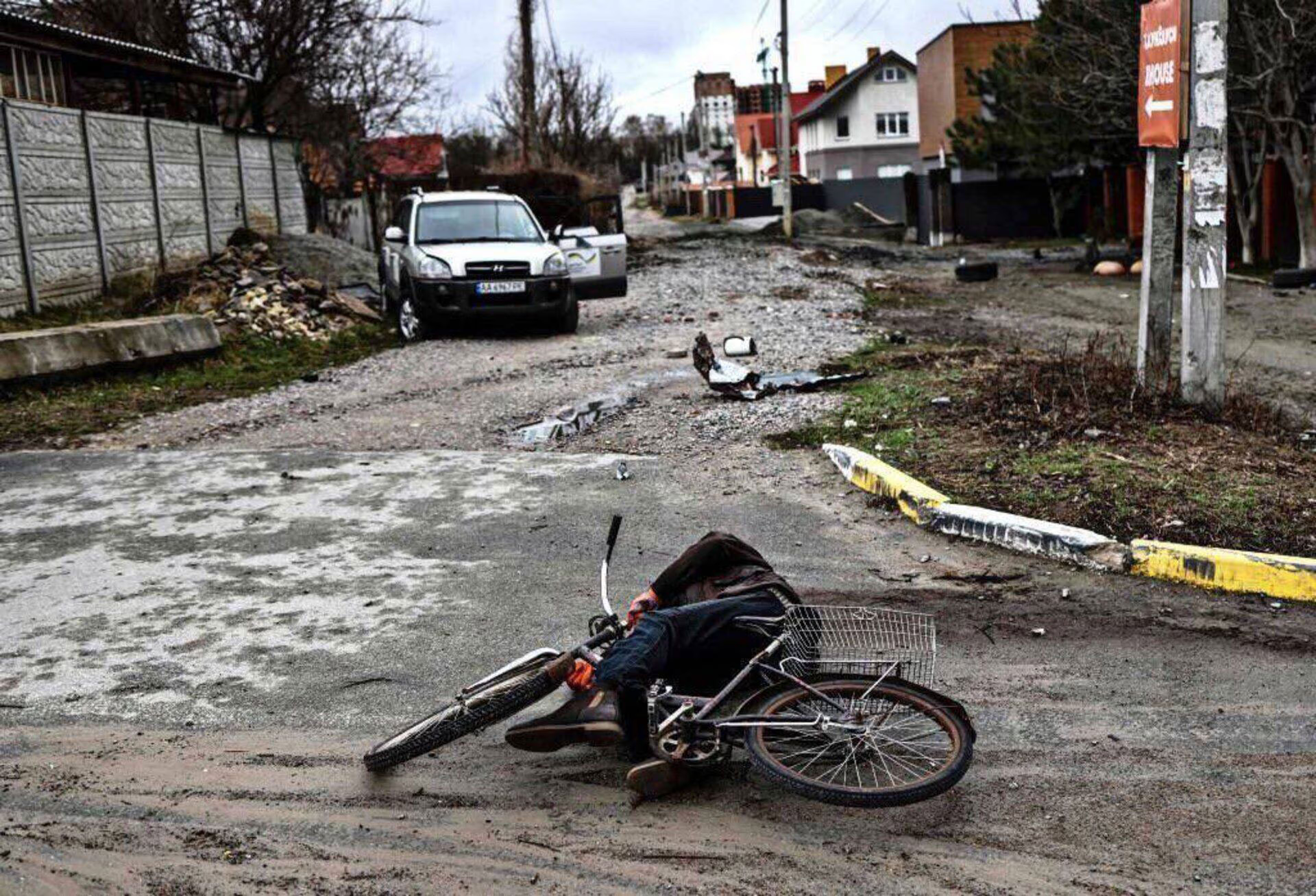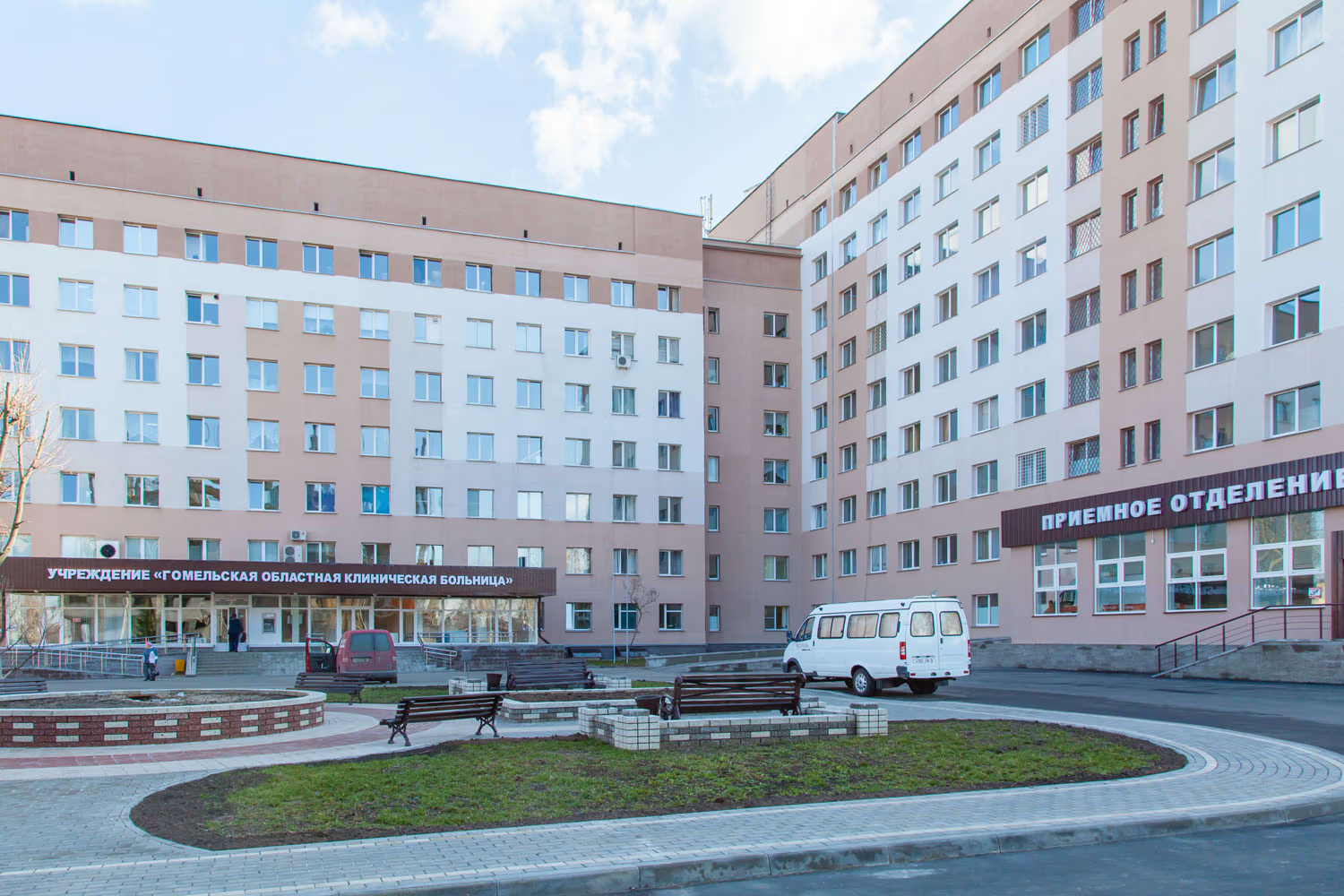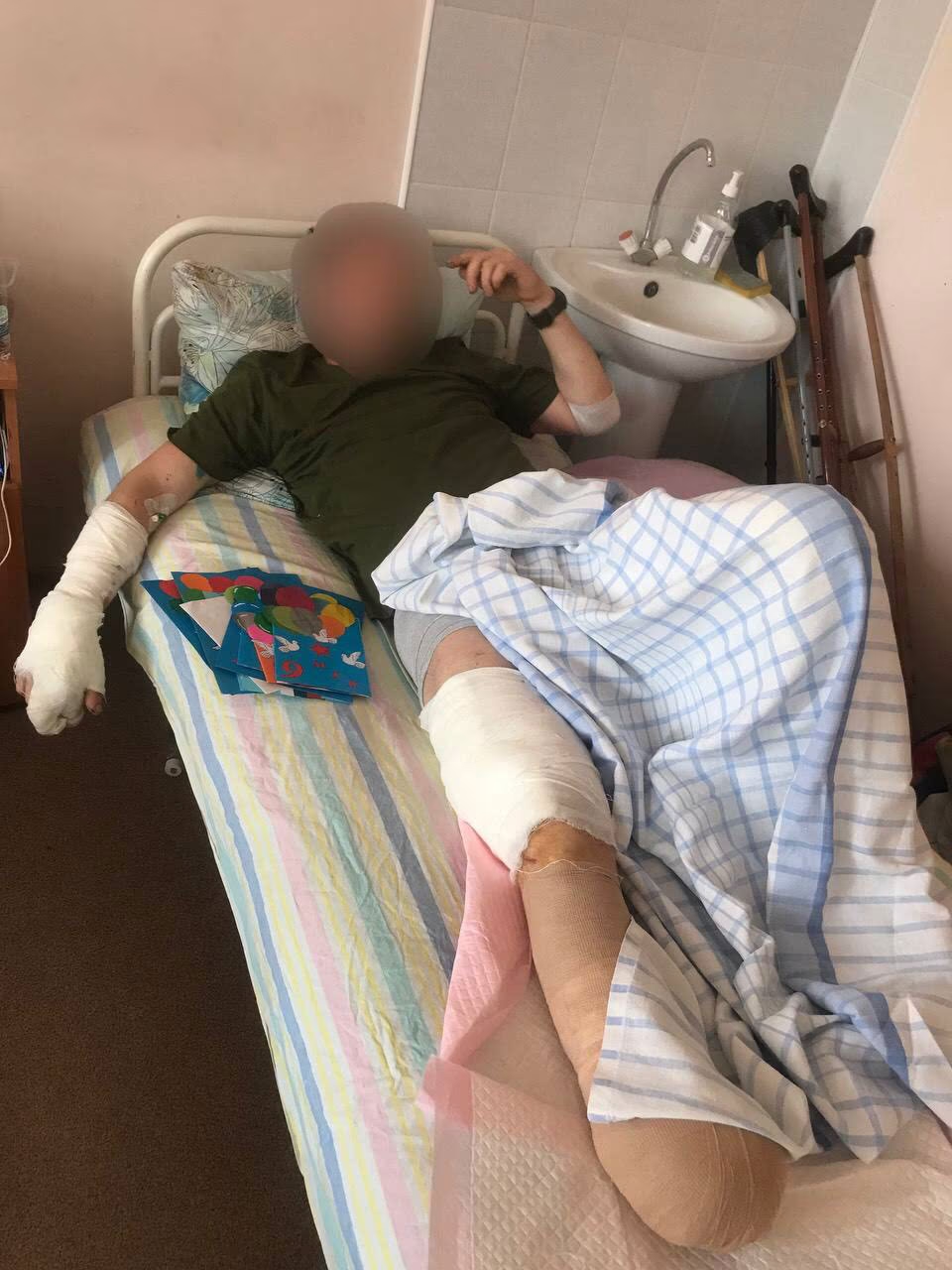Journalists from the Belarusian Investigative Center (BIC) and the KibOrg project gained access to an internal database of the Russian Ministry of Defense, which records medical treatment provided to Russian soldiers in Belarusian hospitals. These materials, along with testimony from medical staff, reveal that clinics in Gomel and Khoiniki treated dozens of fighters who had taken part in combat operations near Kyiv in the first weeks of the invasion—including in Hostomel, along the Zhytomyr highway, and in Bucha.
Among the wounded was the commander of the 6th Company of the Pskov Airborne Division, Aleksandr Kvitko, known by the nickname "Skipper"—a figure named in investigations into the killing of civilians in Bucha. The list also includes members of GRU special forces, the National Guard (Rosgvardiya), and OMON riot police, who participated in occupation operations in northern Ukraine.
Neither Russian nor Belarusian authorities have disclosed this information publicly. The investigation is based on data from BIC and KibOrg, as well as reporting by Ukrainian media and Radio Free Europe/Radio Liberty.
Over the course of 21 months since the start of Russia’s invasion of Ukraine, 898 wounded Russian servicemen and National Guard troops were treated in hospitals in the Belarusian cities of Gomel and Khoiniki. These figures come from an internal database of Russia’s Ministry of Defense, accessed by journalists from the Belarusian Investigative Center. The individuals listed in the documents remained entirely out of public view: no official announcements were made, and hospital staff were strictly prohibited from sharing any information.
"They very firmly, how should I say it, advised you not to share this information with anyone at all. Because you could suffer the consequences—along with your family," said one former employee of a medical facility in the Gomel region.
Among the patients were fighters from units whose involvement in the northern Ukraine campaign had not previously been officially confirmed. This includes members of the 16th Separate Guards Spetsnaz Brigade of the GRU. They had long been suspected of taking part in the seizure of the Chernobyl nuclear plant, but until now there was no documentation to support it. Also listed were fighters from the Special Purpose Center "Kubinka-2," who, according to journalists, participated in the annexation of Crimea in 2014.
One of the wounded treated in Gomel was Roman Zyazin, who took part in the assault on the Antonov airfield in Hostomel during the war’s opening hours. He was admitted to the hospital with a facial injury and an open fracture of the lower jaw. In an interview with the Russian Defense Ministry’s TV channel Zvezda, Zyazin said: "We advanced into the outskirts and the city of Hostomel itself, where I was wounded. And then evacuated."
According to BIC, Zyazin was previously a member of "Yunarmiya," a military-patriotic youth movement. His file—as well as those of three other soldiers, Sabukhi Baladov, Pavel Nikitin, and Matvei Shipunov—was discovered by KibOrg analysts in confidential internal documents. Zyazin is currently studying at a military institute for physical training.
According to intercepted communications published by Ukrainian media, on February 25 OMON riot police from Krasnoyarsk, Novokuznetsk, and Kemerovo took part in the fighting for Hostomel. Their convoy was destroyed on the bridge leading from Hostomel toward Kyiv. Survivors retreated deeper into the town, where, according to Ukraine’s Prosecutor General’s Office, at least 11 civilians attempting to evacuate were shot dead at the intersection of Svyato-Pokrovska and Shevchenko Streets. Russian troops later set up a command post in a kindergarten in the village of Zdvyzhevka. According to Radio Free Europe/Radio Liberty, at least 18 civilians were killed in that village and its surroundings during the occupation.

Civilians in Bucha shot dead by Russian soldiers, their hands tied behind their backs. 2022.

Civilians in Bucha killed by Russian soldiers. 2022.
According to investigators, following the battle for Hostomel, 68 wounded OMON officers were brought to medical facilities in Gomel. The identities of several were confirmed by cross-referencing the internal Russian Ministry of Defense database with documents recovered at the combat sites by local residents. Between late February and early March 2022, the following individuals were admitted to hospitals in Gomel and Khoiniki:
– Senior Police Lieutenant Aleksei Artamonov from Kemerovo region, with three shrapnel wounds and a fracture;
– Senior Police Sergeant Ivan Dyukanov, serving in the National Guard in Kemerovo region, with a traumatic brain injury and contusion;
– Senior Police Sergeant Andrei Khitrov from Novokuznetsk, with a shrapnel wound to the lower leg;
– Police Sergeant Andrei Leonov, also from Kemerovo region, with a head injury and concussion;
– Ilya Churakov from the Krasnoyarsk-based OMON unit "Ratibor," with an ankle wound;
– His colleagues Sergei Tsapkov, suffering from hearing loss, and Denis Katkov, with a concussion and traumatic brain injury.
– Senior Police Lieutenant Aleksei Artamonov from Kemerovo region, with three shrapnel wounds and a fracture;
– Senior Police Sergeant Ivan Dyukanov, serving in the National Guard in Kemerovo region, with a traumatic brain injury and contusion;
– Senior Police Sergeant Andrei Khitrov from Novokuznetsk, with a shrapnel wound to the lower leg;
– Police Sergeant Andrei Leonov, also from Kemerovo region, with a head injury and concussion;
– Ilya Churakov from the Krasnoyarsk-based OMON unit "Ratibor," with an ankle wound;
– His colleagues Sergei Tsapkov, suffering from hearing loss, and Denis Katkov, with a concussion and traumatic brain injury.
Two other Russian servicemen—Munko-Zhargal Zhalmaev and Zorik Zygbin from Unit 46108 in Ulan-Ude—were hospitalized in Gomel on March 9 with shrapnel wounds. Later, on March 25, their fellow soldier Dmitry Terentyev was admitted to the same hospital with blast injuries.
The surnames Zhalmaev and Zygbin match names found on a personnel list from a Russian unit recovered by residents of the village of Berezivka, near the Zhytomyr highway—a key route connecting Kyiv with western Ukraine. In the initial days of the invasion, Russian forces sought to gain control of the road, along which refugees were fleeing Kyiv. According to Ukrainian journalists, units from Buryatia—including the 5th Tank Brigade and the 37th Motor Rifle Brigade—were stationed along that stretch and opened fire on civilian vehicles.
Ukraine–Belarus Border

Journalists from the Belarusian Investigative Center have identified about 70 Russian servicemen in the Defence Ministry database who took part in operations along the Zhytomyr axis. Some of their surnames match those found in documents left at the scene.
Among those treated at the Gomel hospital was one of the occupiers of Bucha—commander of the 6th Company of the Pskov Airborne Division Aleksandr Kvitko, known by the call sign "Skipper." He was hospitalized on 28 March 2022 with multiple shrapnel wounds to the neck, arm, leg and buttock.
According to an investigation by the Schemes project, Kvitko may have been involved in the killing of civilians in Bucha. Witnesses saw him at 144 Yablunska Street—an office centre that Russian troops used as a headquarters and as a holding site for captured territorial-defence fighters. Ukraine’s National Police suspect Kvitko of involvement in the death of Alla Minayeva, an elderly woman found dead in her own home. Senior investigator Ivan Dulkai said local residents had asked permission to bring her food and medicine. "Aleksandr Kvitko explained to them that there was no need to go to the grandmother any more, because they had dealt with her humanely," he told Radio Svoboda.

Regional hospital in Gomel.
The Geneva Convention governing the treatment of the wounded and sick in armed forces allows neutral states to provide medical care—such assistance is not considered interference in an armed conflict. Yet, as journalists from the Belarusian Investigative Center point out, the treatment of Russian servicemen in Belarusian hospitals should not be viewed in isolation but rather alongside other forms of support Belarusian authorities offer the Russian military.
In September 2023, the European Parliament formally declared Alyaksandr Lukashenka a collaborator in Russia’s crimes in Ukraine. In its resolution, MEPs accused Minsk of spreading pro-Kremlin propaganda, supplying Russian forces with equipment and ammunition, and hosting Russian units on Belarusian soil. Lukashenka himself has said he would not object to Moscow once again using Belarus as a springboard for a new offensive and has openly acknowledged that Russian troops entered Ukraine from his territory.
According to Kateryna Rashevska, a lawyer at the Regional Center for Human Rights, providing medical assistance to Russian troops should be seen as part of Minsk’s broader support for the war. "Treating Russian soldiers must be classified as part of Belarus’s overall backing of the war and a loss of neutral status. This is crucial when assessing complicity and aiding and abetting the crime of aggression by individual senior Belarusian officials, as well as when deciding on Belarus’s state responsibility for an internationally wrongful act," she emphasized.
